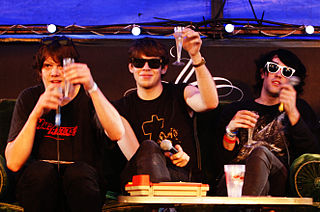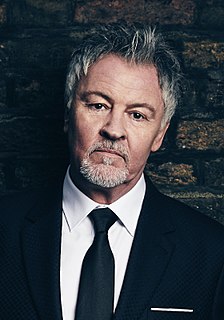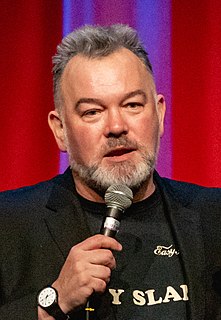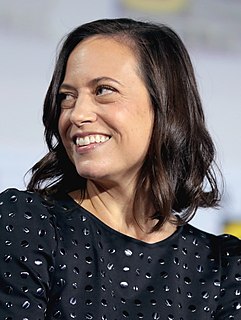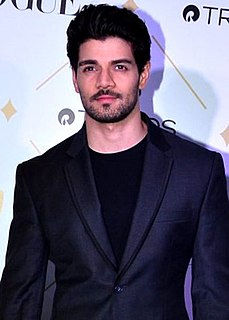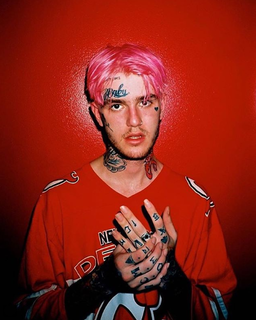A Quote by Jake Shears
I saw David Bowie in 'Labyrinth' when I was seven or eight. I told my mom I wanted a Bowie record, so we traveled to the mainland, which was, like, a three-hour trip, and I bought 'Let's Dance' and 'Tonight.' 'Let's Dance' blew my little mind. I became obsessed with it.
Related Quotes
If you took a couple of David Bowies and stuck one of the David Bowies on the top of the other David Bowie, then attached another David Bowie to the end of each of the arms of the upper of the first two David Bowies and wrapped the whole business up in a dirty beach robe you would then have something which didn't exactly look like John Watson, but which those who knew him would find hauntingly familiar.
The first thing that got to me was seeing David Bowie on a children's TV show, but Bowie was way beyond my aspirations. The Buzzcocks' Spiral Scratch came out in 1977 and it had a breakdown of the recording costs, then you saw Pete Shelley playing a broken guitar from Woolworths. We already had an idea of the kind of music we wanted to do, but punk showed us a way to do it.
I went down to London with the idea that I was going to do vocals over this crazy, crazy trip-hop digital beat. Within two or three months, I heard Hunky Dory by David Bowie and that changed me in one way, and I realized what I actually wanted was to have an E Street Band - individuals, not session musicians.
It's fun to look at people that are so good at acting that aren't actors, like David Bowie creating a mystique about rock n' roll. I've listened to 'Ziggy Stardust' as much as any rock n' roll fan - I don't really know what it's about, but it sure is fun to think about David Bowie as this mad creation.

